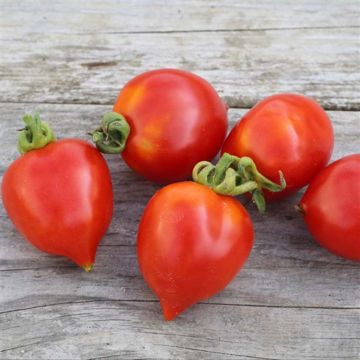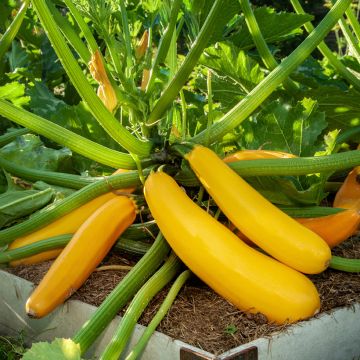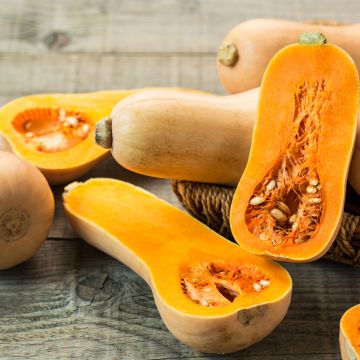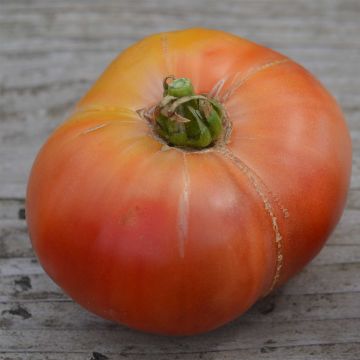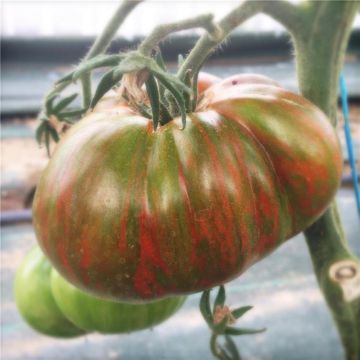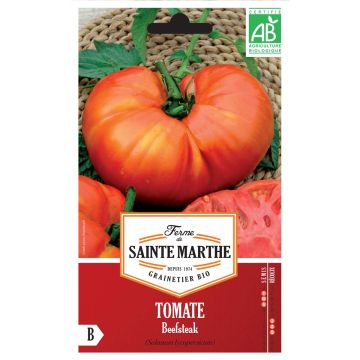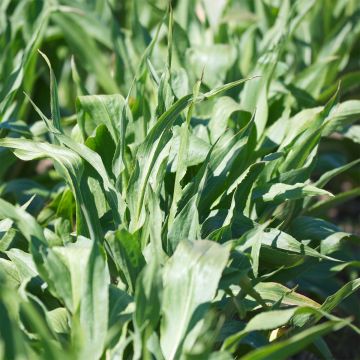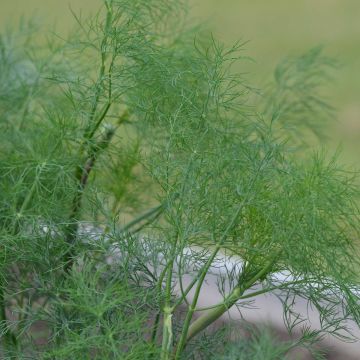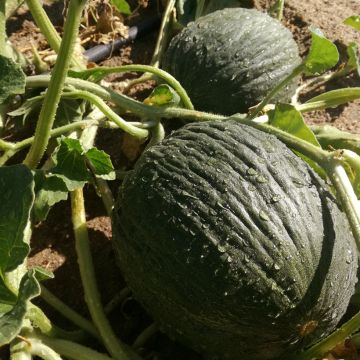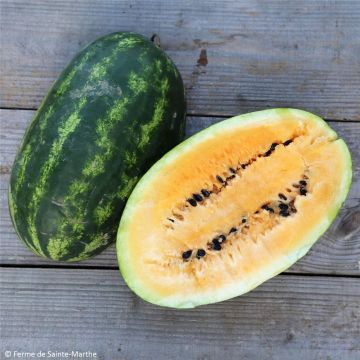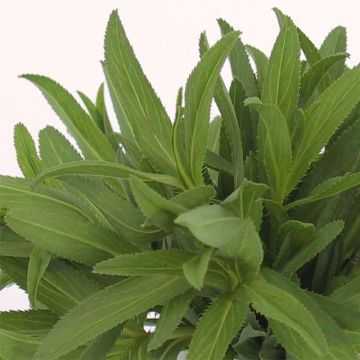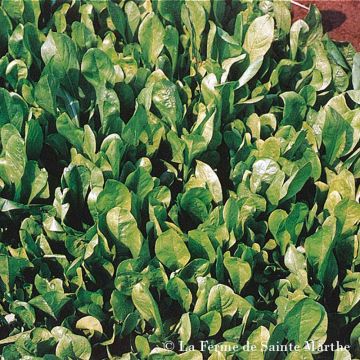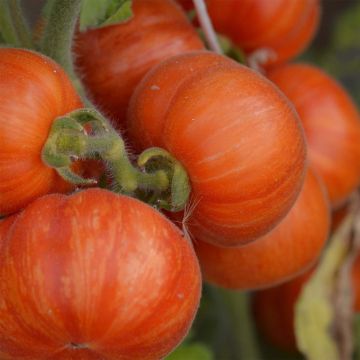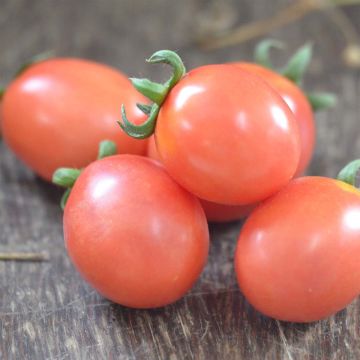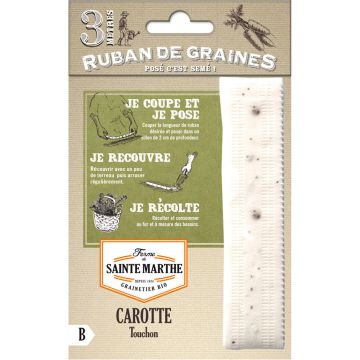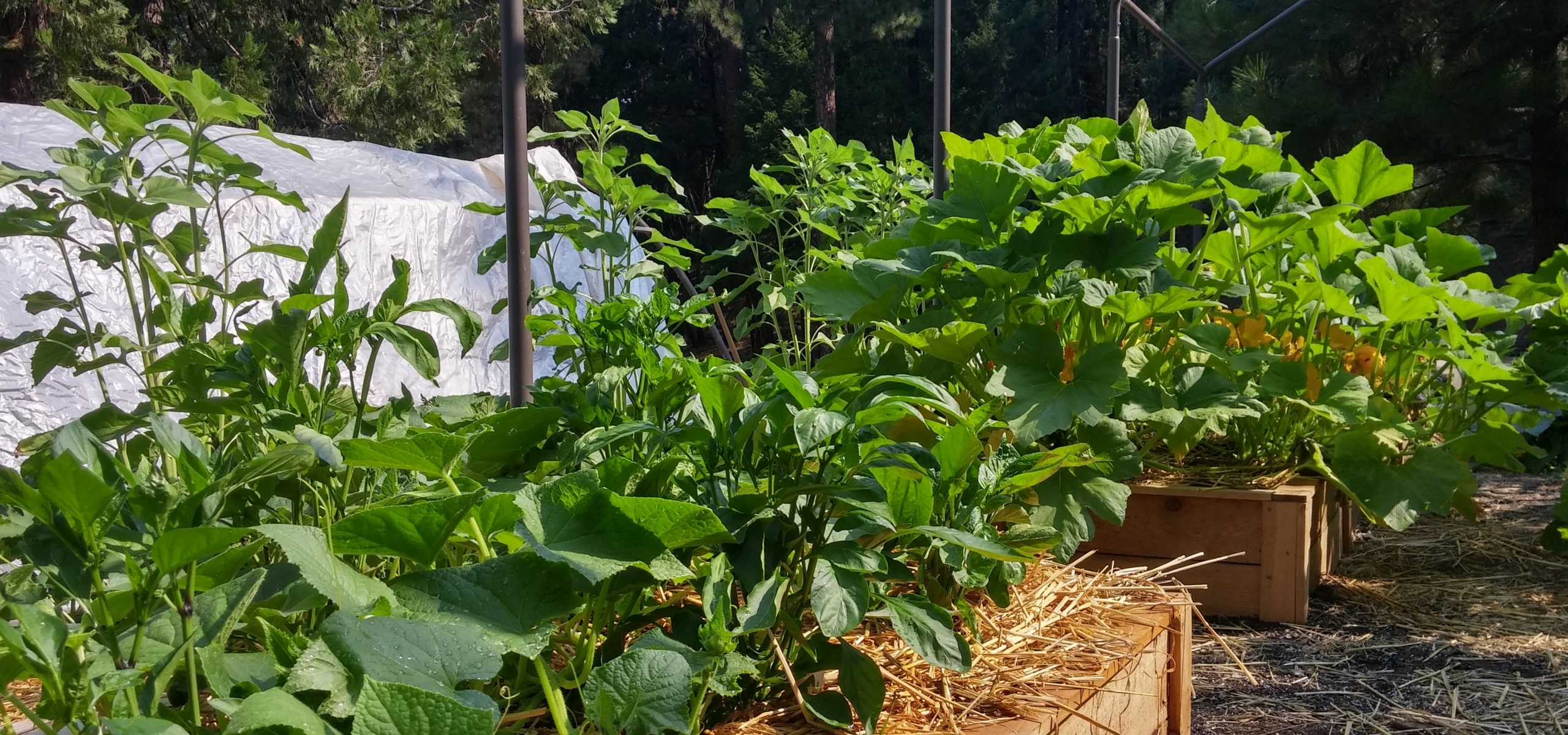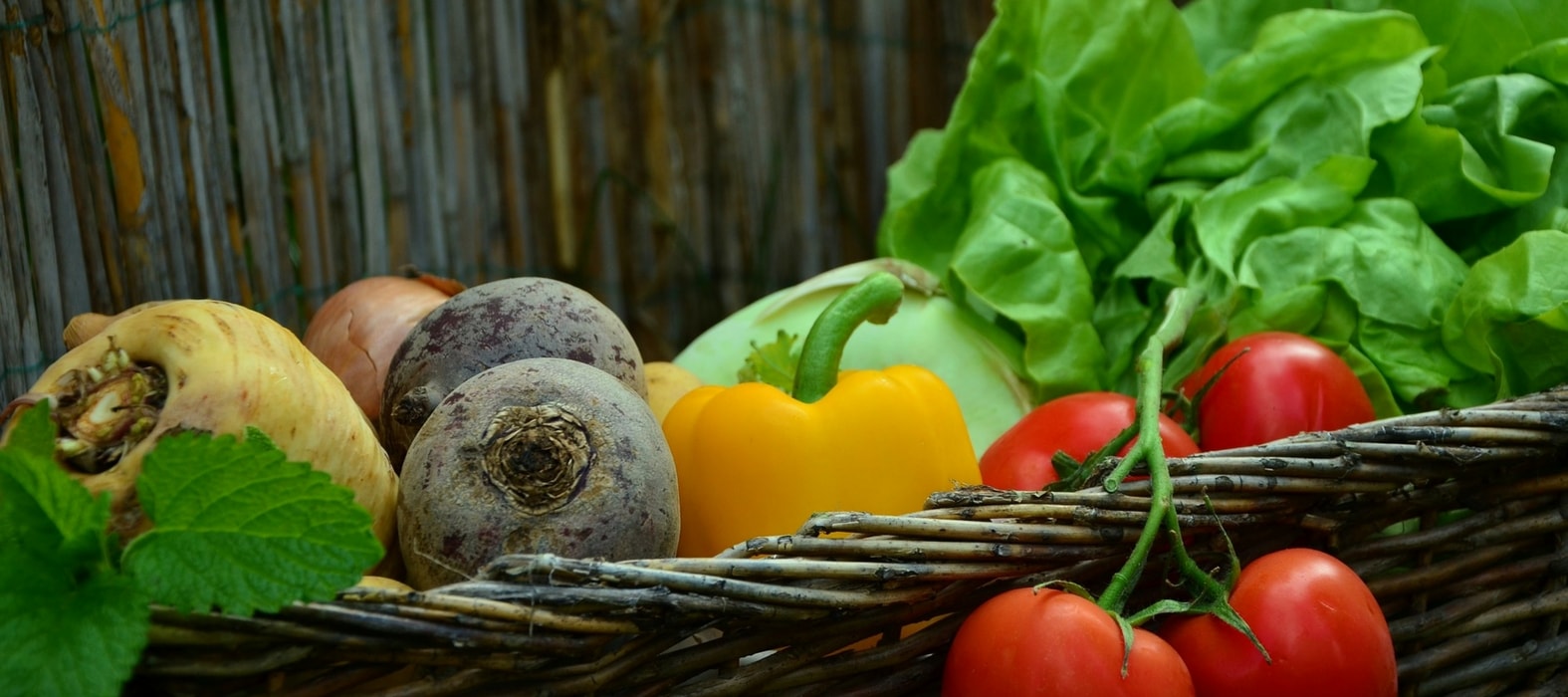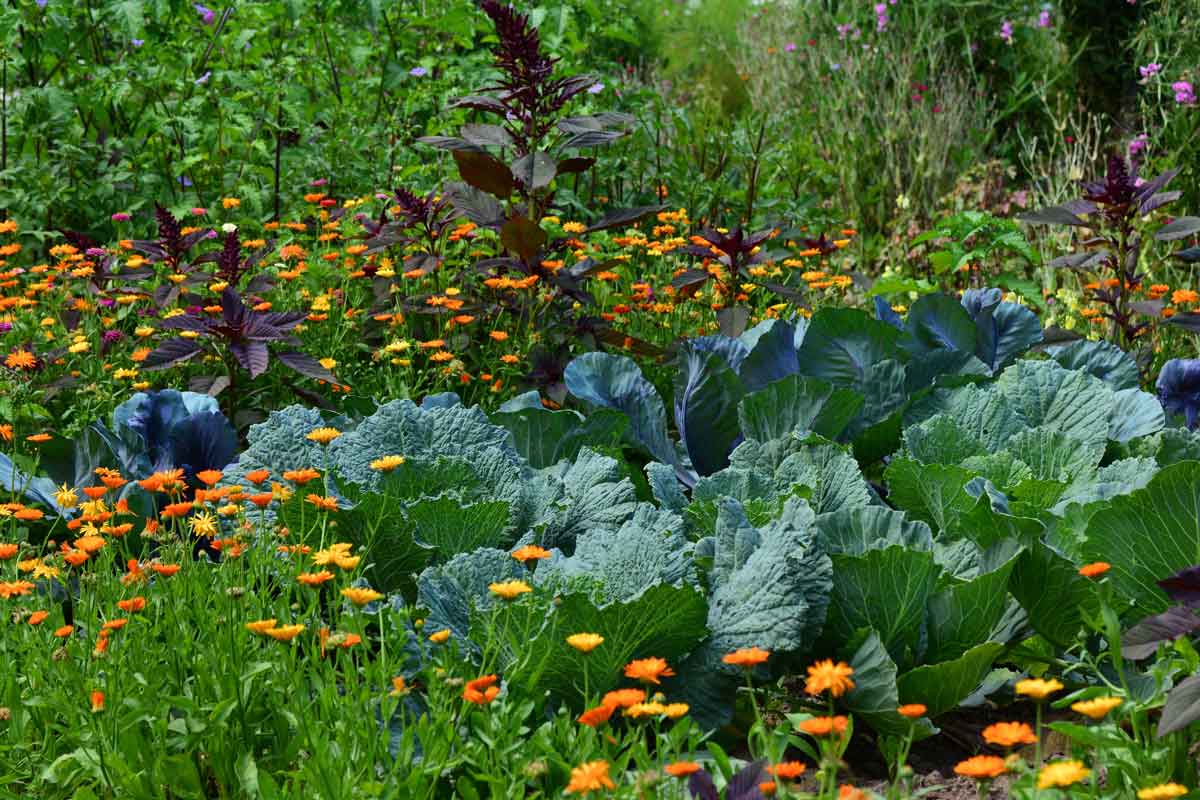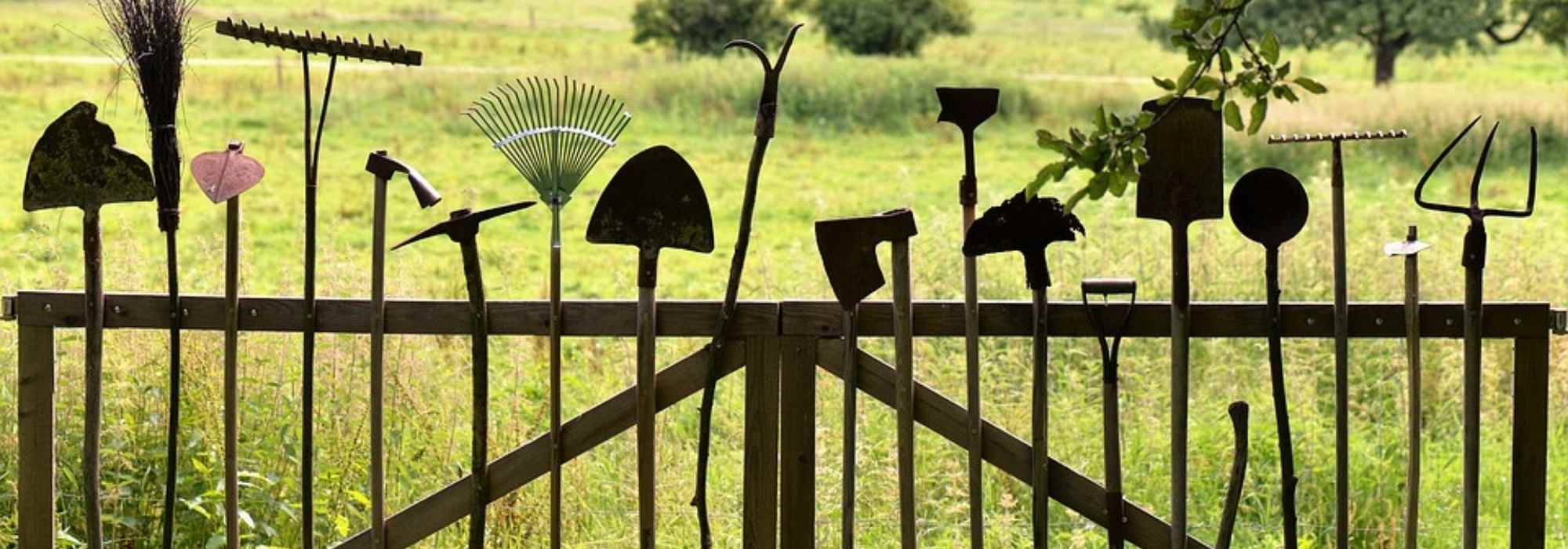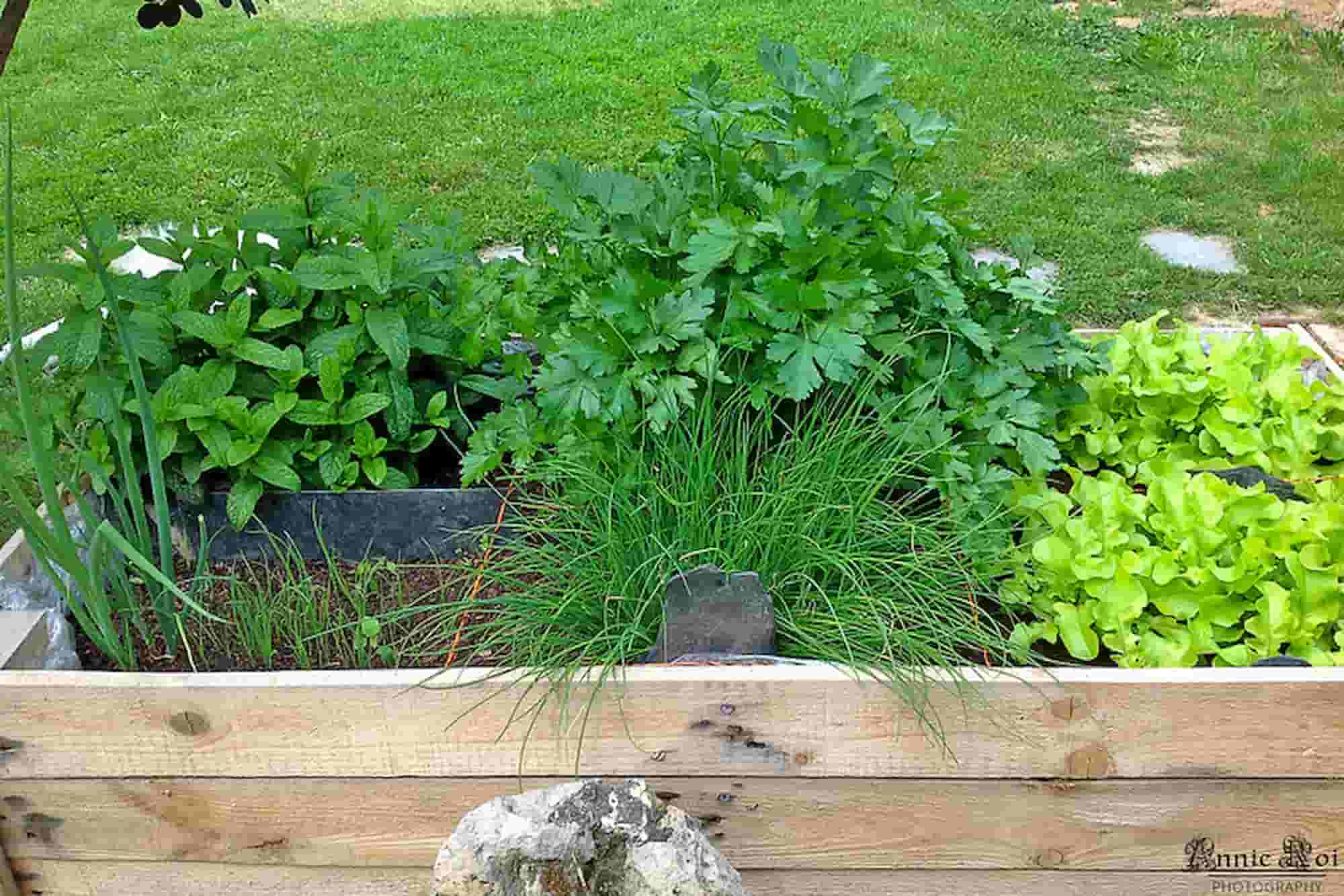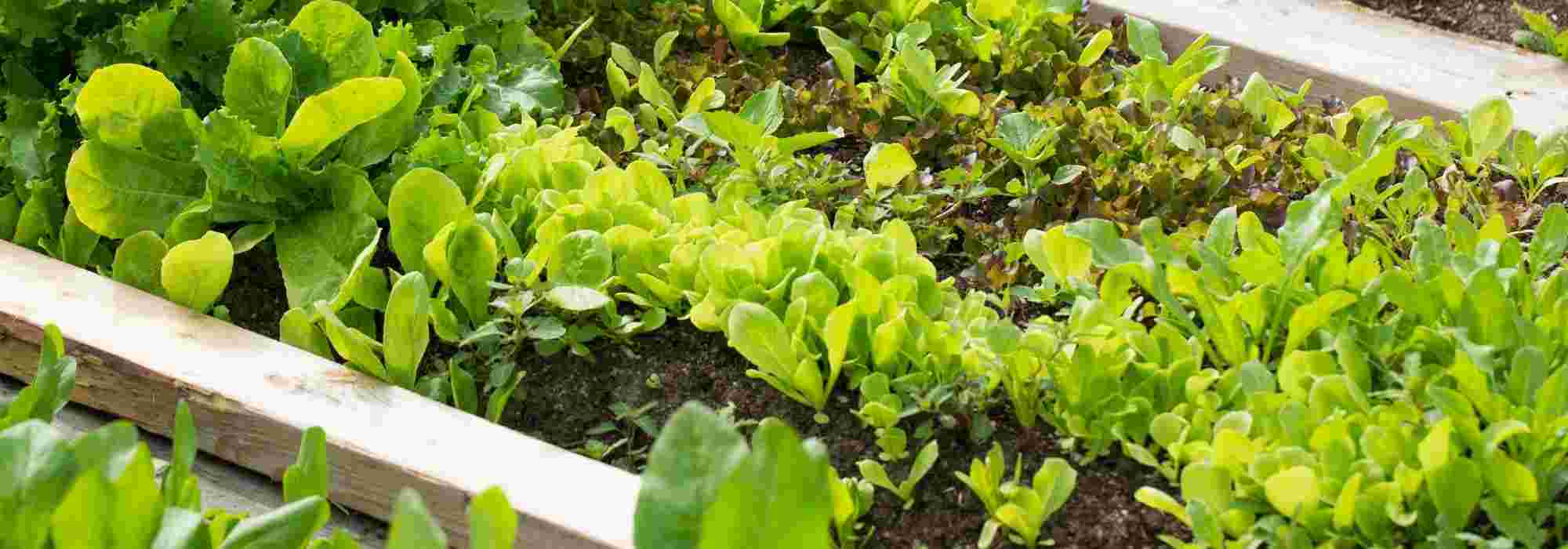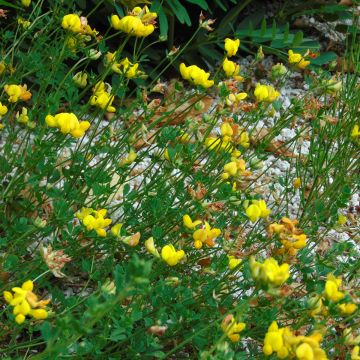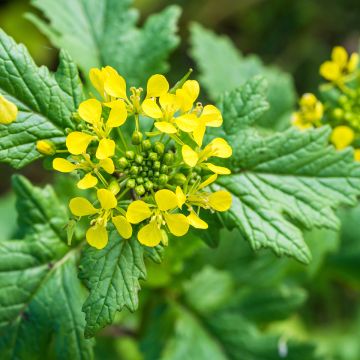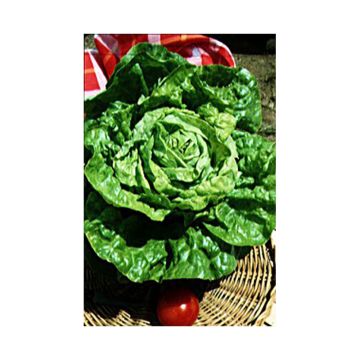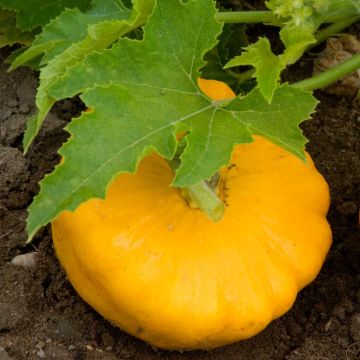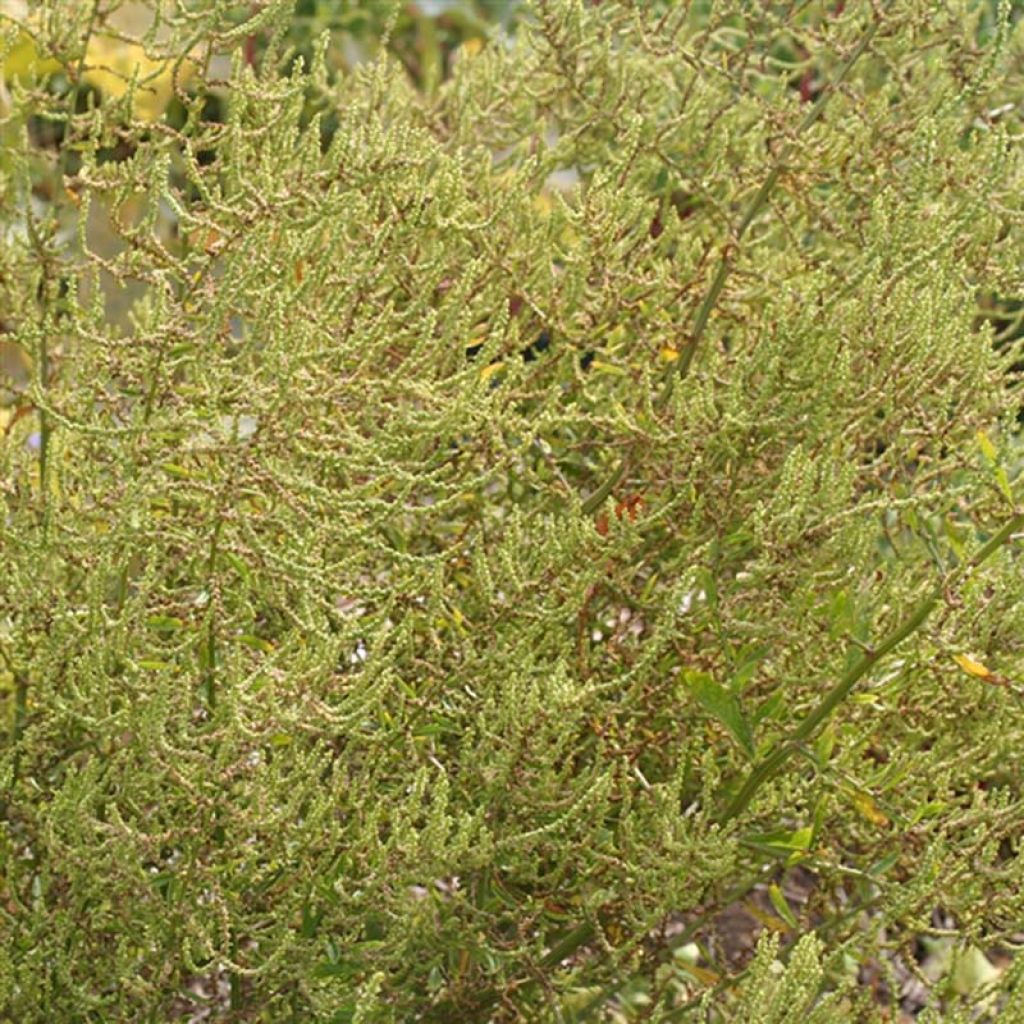

Epazote ou Thé Mexicain NT - Ferme de Sainte Marthe


Epazote ou Thé Mexicain NT - Ferme de Sainte Marthe
Organic Mexican Tea - Ferme de Sainte Marthe seeds
Chenopodium ambrosioides
Mexican Tea, Wormseed, Epazote, Jesuit's Tea, Paico, Herba Sancti Mariae, Spanish tea, American wormseed
Special offer!
Receive a €20 voucher for any order over €90 (excluding delivery costs, credit notes, and plastic-free options)!
1- Add your favorite plants to your cart.
2- Once you have reached €90, confirm your order (you can even choose the delivery date!).
3- As soon as your order is shipped, you will receive an email containing your voucher code, valid for 3 months (90 days).
Your voucher is unique and can only be used once, for any order with a minimum value of €20, excluding delivery costs.
Can be combined with other current offers, non-divisible and non-refundable.
Why not try an alternative variety in stock?
View all →This plant carries a 6 months recovery warranty
More information
We guarantee the quality of our plants for a full growing cycle, and will replace at our expense any plant that fails to recover under normal climatic and planting conditions.
Description
The Epazote or Mexican Tea (Chenopodium ambrosioides) also known as "Wormseed" is an annual vegetable plant that comes from Central America and more specifically from Mexico, where it grows spontaneously.
This annual plant, which grows up to 40 to 80cm (16 to 32in) tall, is highly aromatic. Its broad dentate leaves exude a powerful camphor scent. In summer, it adorns itself with yellowish flowers that turn into small black fruits.
Epazote can be used in various ways:
- in cooking, its leaves season Mexican dishes based on beans, corn, but also certain sauces,
- for its medicinal properties: it is a vermifuge, as well as antispasmodic, stomachic and carminative,
- in the garden to protect crops from pests such as nocturnal insects.
Cultivating Mexican Tea is easy. It thrives in full sun or partial shade and can adapt to any type of soil. However, it will offer the most abundant foliage in rich, deep and moist soil. These growing conditions will also delay its seeding.
Harvest: Epazote leaves can be harvested as soon as the plant reaches at least 20cm (8in) in height and before it flowers.
Storage: The leaves can be stored at room temperature once dried.
Gardener's tip: Epazote is a plant that easily self-seeds. To limit spontaneous sowing, we recommend cutting the flowers before they go to seed.
Report an error about the product description
Harvest
Plant habit
Foliage
Botanical data
Chenopodium
ambrosioides
Chenopodiaceae
Mexican Tea, Wormseed, Epazote, Jesuit's Tea, Paico, Herba Sancti Mariae, Spanish tea, American wormseed
South America
Annual
Other Sainte Marthe farm
View all →Planting and care
Growing Mexican Tea is easy. It thrives in full sun or partial shade and is adaptable to all types of soil. However, it will produce the most abundant foliage in rich, deep, and moist soil. These growing conditions will also delay its seed production.
Direct sowing: In properly amended and finely tilled soil, create furrows that are one or two centimeters deep and spaced 30 centimeters (12 inches) apart. Sow the seeds and cover them with a thin layer of fine soil. Once the seedlings are well-developed, thin them out, leaving one plant every 30cm (12in).
Seedlings
Care
Intended location
Planting & care advice
This item has not been reviewed yet - be the first to leave a review about it.
Similar products
Haven't found what you were looking for?
Hardiness is the lowest winter temperature a plant can endure without suffering serious damage or even dying. However, hardiness is affected by location (a sheltered area, such as a patio), protection (winter cover) and soil type (hardiness is improved by well-drained soil).

Photo Sharing Terms & Conditions
In order to encourage gardeners to interact and share their experiences, Promesse de fleurs offers various media enabling content to be uploaded onto its Site - in particular via the ‘Photo sharing’ module.
The User agrees to refrain from:
- Posting any content that is illegal, prejudicial, insulting, racist, inciteful to hatred, revisionist, contrary to public decency, that infringes on privacy or on the privacy rights of third parties, in particular the publicity rights of persons and goods, intellectual property rights, or the right to privacy.
- Submitting content on behalf of a third party;
- Impersonate the identity of a third party and/or publish any personal information about a third party;
In general, the User undertakes to refrain from any unethical behaviour.
All Content (in particular text, comments, files, images, photos, videos, creative works, etc.), which may be subject to property or intellectual property rights, image or other private rights, shall remain the property of the User, subject to the limited rights granted by the terms of the licence granted by Promesse de fleurs as stated below. Users are at liberty to publish or not to publish such Content on the Site, notably via the ‘Photo Sharing’ facility, and accept that this Content shall be made public and freely accessible, notably on the Internet.
Users further acknowledge, undertake to have ,and guarantee that they hold all necessary rights and permissions to publish such material on the Site, in particular with regard to the legislation in force pertaining to any privacy, property, intellectual property, image, or contractual rights, or rights of any other nature. By publishing such Content on the Site, Users acknowledge accepting full liability as publishers of the Content within the meaning of the law, and grant Promesse de fleurs, free of charge, an inclusive, worldwide licence for the said Content for the entire duration of its publication, including all reproduction, representation, up/downloading, displaying, performing, transmission, and storage rights.
Users also grant permission for their name to be linked to the Content and accept that this link may not always be made available.
By engaging in posting material, Users consent to their Content becoming automatically accessible on the Internet, in particular on other sites and/or blogs and/or web pages of the Promesse de fleurs site, including in particular social pages and the Promesse de fleurs catalogue.
Users may secure the removal of entrusted content free of charge by issuing a simple request via our contact form.
The flowering period indicated on our website applies to countries and regions located in USDA zone 8 (France, the United Kingdom, Ireland, the Netherlands, etc.)
It will vary according to where you live:
- In zones 9 to 10 (Italy, Spain, Greece, etc.), flowering will occur about 2 to 4 weeks earlier.
- In zones 6 to 7 (Germany, Poland, Slovenia, and lower mountainous regions), flowering will be delayed by 2 to 3 weeks.
- In zone 5 (Central Europe, Scandinavia), blooming will be delayed by 3 to 5 weeks.
In temperate climates, pruning of spring-flowering shrubs (forsythia, spireas, etc.) should be done just after flowering.
Pruning of summer-flowering shrubs (Indian Lilac, Perovskia, etc.) can be done in winter or spring.
In cold regions as well as with frost-sensitive plants, avoid pruning too early when severe frosts may still occur.
The planting period indicated on our website applies to countries and regions located in USDA zone 8 (France, United Kingdom, Ireland, Netherlands).
It will vary according to where you live:
- In Mediterranean zones (Marseille, Madrid, Milan, etc.), autumn and winter are the best planting periods.
- In continental zones (Strasbourg, Munich, Vienna, etc.), delay planting by 2 to 3 weeks in spring and bring it forward by 2 to 4 weeks in autumn.
- In mountainous regions (the Alps, Pyrenees, Carpathians, etc.), it is best to plant in late spring (May-June) or late summer (August-September).
The harvesting period indicated on our website applies to countries and regions in USDA zone 8 (France, England, Ireland, the Netherlands).
In colder areas (Scandinavia, Poland, Austria...) fruit and vegetable harvests are likely to be delayed by 3-4 weeks.
In warmer areas (Italy, Spain, Greece, etc.), harvesting will probably take place earlier, depending on weather conditions.
The sowing periods indicated on our website apply to countries and regions within USDA Zone 8 (France, UK, Ireland, Netherlands).
In colder areas (Scandinavia, Poland, Austria...), delay any outdoor sowing by 3-4 weeks, or sow under glass.
In warmer climes (Italy, Spain, Greece, etc.), bring outdoor sowing forward by a few weeks.































